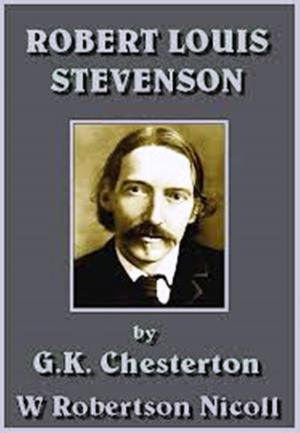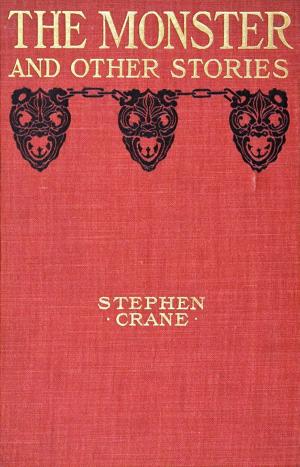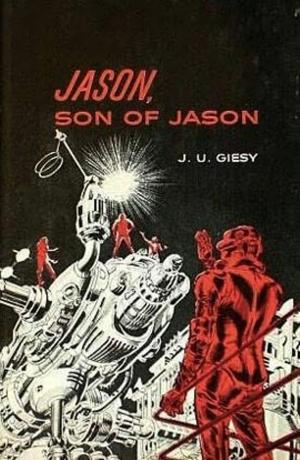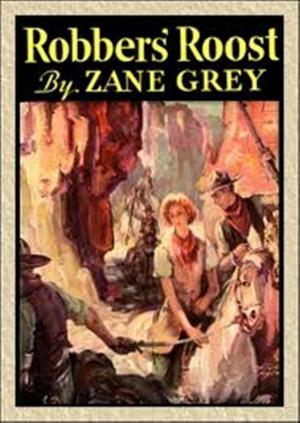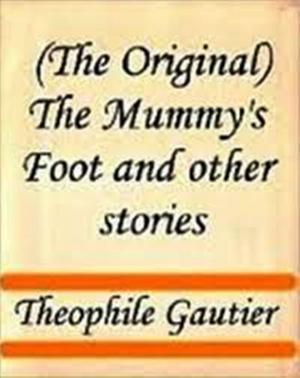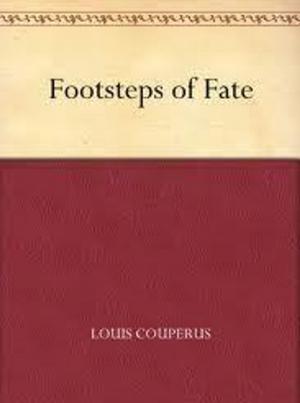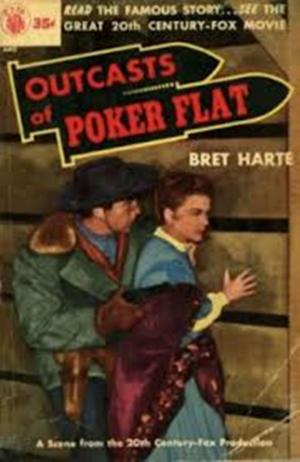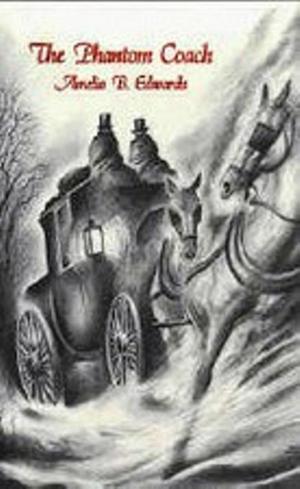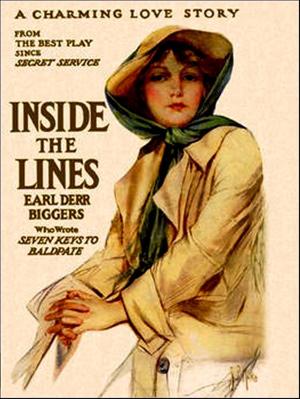| Author: | Arthur Conan Doyle | ISBN: | 1230000156285 |
| Publisher: | WDS Publishing | Publication: | July 30, 2013 |
| Imprint: | Language: | English |
| Author: | Arthur Conan Doyle |
| ISBN: | 1230000156285 |
| Publisher: | WDS Publishing |
| Publication: | July 30, 2013 |
| Imprint: | |
| Language: | English |
In the study of criminal psychology one is forced to the conclusion that the most dangerous of all types of mind is that of the inordinately selfish man. He is a man who has lost his sense of proportion. His own will and his own interest have blotted out for him the duty which he owes to the community. Impulsiveness, jealousy, vindictiveness are the fruitful parents of crime, but the insanity of selfishness is the most dangerous and also the most unlovely of them all. Sir Willoughby Patterne, the eternal type of all egoists, may be an amusing and harmless character as long as things go well with him, but let him be thwarted, let the thing which he desires be withheld from him, and the most monstrous results may follow. Huxley has said that a man in this life is for ever playing a game with an unseen opponent, who only makes his presence felt by exacting a penalty every time one makes a mistake in the game. The player who makes the mistake of selfishness may have a terrible forfeit to pay, but the unaccountable thing in the rules is that some, who are only spectators of his game, may have to help him in the paying. Read the Story of William Godfrey Youngman, and see how difficult it is to understand the rules under which these penalties are exacted. Learn also from it that selfishness is no harmless peccadillo, but that it is an evil root from which the most monstrous growths may spring.
About forty miles to the south of London, and close to the rather passé watering-place of Tunbridge Wells, there lies the little townlet of Wadhurst. It is situated within the borders of Sussex at a point which is close to the confines of Kent. The country is a rich pastoral one and the farmers are a flourishing race, for they are near enough to the Metropolis to take advantage of its mighty appetite. Among these farmers there lived in the year 1860 one Streeter, the master of a small homestead and the father of a fair daughter, Mary Wells Streeter. Mary was a strong, robust girl, some twenty years of age, skilled in all country work, and with some knowledge also of the town, for she had friends up there, and above all she had one friend, a young man of twenty-five, whom she had met upon one of her occasional visits, and who had admired her so that he had actually come down to Wadhurst after her, and had spent a night under her father's roof. The father had expressed no disapprobation of the suitor, a brisk, masterful young fellow, a little vague in his description of his own occupation and prospects, but an excellent fireside companion. And so it came about that the deep, town-bred William Godfrey Youngman became engaged to the simple, country-bred Mary Wells Streeter, William knowing all about Mary, but Mary very little about William.
In the study of criminal psychology one is forced to the conclusion that the most dangerous of all types of mind is that of the inordinately selfish man. He is a man who has lost his sense of proportion. His own will and his own interest have blotted out for him the duty which he owes to the community. Impulsiveness, jealousy, vindictiveness are the fruitful parents of crime, but the insanity of selfishness is the most dangerous and also the most unlovely of them all. Sir Willoughby Patterne, the eternal type of all egoists, may be an amusing and harmless character as long as things go well with him, but let him be thwarted, let the thing which he desires be withheld from him, and the most monstrous results may follow. Huxley has said that a man in this life is for ever playing a game with an unseen opponent, who only makes his presence felt by exacting a penalty every time one makes a mistake in the game. The player who makes the mistake of selfishness may have a terrible forfeit to pay, but the unaccountable thing in the rules is that some, who are only spectators of his game, may have to help him in the paying. Read the Story of William Godfrey Youngman, and see how difficult it is to understand the rules under which these penalties are exacted. Learn also from it that selfishness is no harmless peccadillo, but that it is an evil root from which the most monstrous growths may spring.
About forty miles to the south of London, and close to the rather passé watering-place of Tunbridge Wells, there lies the little townlet of Wadhurst. It is situated within the borders of Sussex at a point which is close to the confines of Kent. The country is a rich pastoral one and the farmers are a flourishing race, for they are near enough to the Metropolis to take advantage of its mighty appetite. Among these farmers there lived in the year 1860 one Streeter, the master of a small homestead and the father of a fair daughter, Mary Wells Streeter. Mary was a strong, robust girl, some twenty years of age, skilled in all country work, and with some knowledge also of the town, for she had friends up there, and above all she had one friend, a young man of twenty-five, whom she had met upon one of her occasional visits, and who had admired her so that he had actually come down to Wadhurst after her, and had spent a night under her father's roof. The father had expressed no disapprobation of the suitor, a brisk, masterful young fellow, a little vague in his description of his own occupation and prospects, but an excellent fireside companion. And so it came about that the deep, town-bred William Godfrey Youngman became engaged to the simple, country-bred Mary Wells Streeter, William knowing all about Mary, but Mary very little about William.

